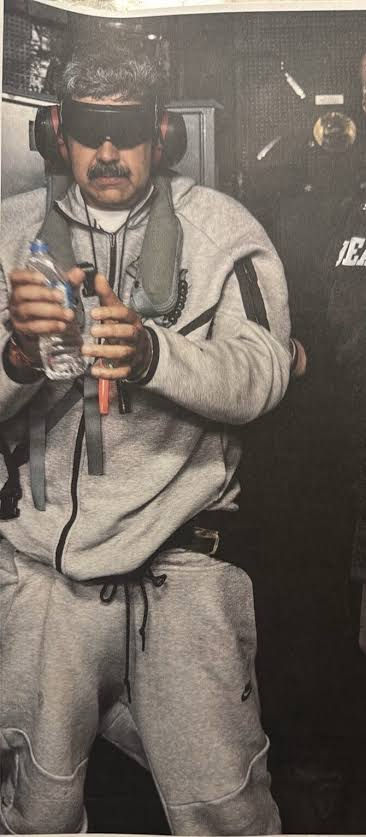What is happening in Syria?
- Sebastian Palacios.

- Jul 18, 2025
- 3 min read
The borders of Syria were defined by the United Kingdom and France during World War I as part of their division of spheres of influence in the Middle East. Within these Syrian borders, many groups such as Sunni Muslims, Shiites, Alawites, and Druze found themselves sharing territory with Christians and Jews. Since then, Syria has experienced sectarian conflicts, civil wars, and dictatorships.
The Druze are an Arab sect of approximately one million people living in Syria, Lebanon, and Israel. Neither Muslim nor Christian, the Druze are monotheists with both Abrahamic and Islamic characteristics. Originating in Egypt in the 11th century, they practice a branch of Islam that allows neither conversions nor intermarriage. In southern Syria, they make up 90% of the population in the province of Suwayda.
Suwayda is unique among Syria’s provinces in that it managed to almost entirely avoid the country’s devastating 14-year civil war. The Druze expelled Assad regime forces in 2012 and chose to remain neutral, supporting neither Assad’s government nor the Al-Qaeda-affiliated Islamist rebels opposing him.
The Druze distrust the current government, led by former Al-Qaeda member Ahmed al-Sharaa, who overthrew Bashar al-Assad. In 2015, a group headed by the current Syrian president executed at least 20 Druze in a village in the country’s northwest. Then, in 2018, other Al-Qaeda forces launched a massive assault on Suwayda, in which more than 200 people were killed in a single day. These brutal clashes have led the Druze to form their own militias and adopt an attitude of refusing to lay down their weapons.
When Bashar al-Assad was removed from power, the Sunni Islamist rebels promised to respect ethnic and religious minorities and to form a quota-based government to represent all the country’s diverse groups. Earlier this year, the Druze nominated a candidate to govern their community as governor of Suwayda, pending approval from Damascus. Syria’s new president, Sharaa, rejected this proposal and instead sent an Islamist commander to serve as his viceroy in the Druze region. This decision nearly ended in a bloodbath, after the new appointee was briefly kidnapped at gunpoint by Druze militiamen, arguing that President Sharaa is “failing to include” the Druze in shaping the country’s future.
On Sunday, violence erupted in the predominantly Druze province of Suwayda after a Druze merchant was allegedly kidnapped by Bedouins on the highway to Damascus. The new Islamist government of Syria, led by former Al-Qaeda member Ahmed al-Sharaa, sent special forces to restore order between the Bedouins and the Druze. However, around 200 people from all sides have been killed since Sunday.
Israel’s Prime Minister, Benjamin Netanyahu, has previously promised to protect the Druze religious minority in Syria. Around 130,000 Druze live in Israel and are very well integrated by most socioeconomic measures. While Arabs living in Israel are not required to perform mandatory military service, for the Druze it has been compulsory since 1957.
Yesterday, Israel bombed Syrian military facilities and the Ministry of Defense headquarters in Damascus, as well as areas near the presidential palace. Netanyahu’s government is demanding that the Syrian government withdraw its forces from the Druze-dominated region in the south of the country. Finally, Netanyahu ordered these attacks just a few hours before he was scheduled to testify in an Israeli court in a judicial case involving corruption charges against him. Citing the emergency situation resulting from the attacks on Syria, Netanyahu has managed to postpone his court hearing.












Comments